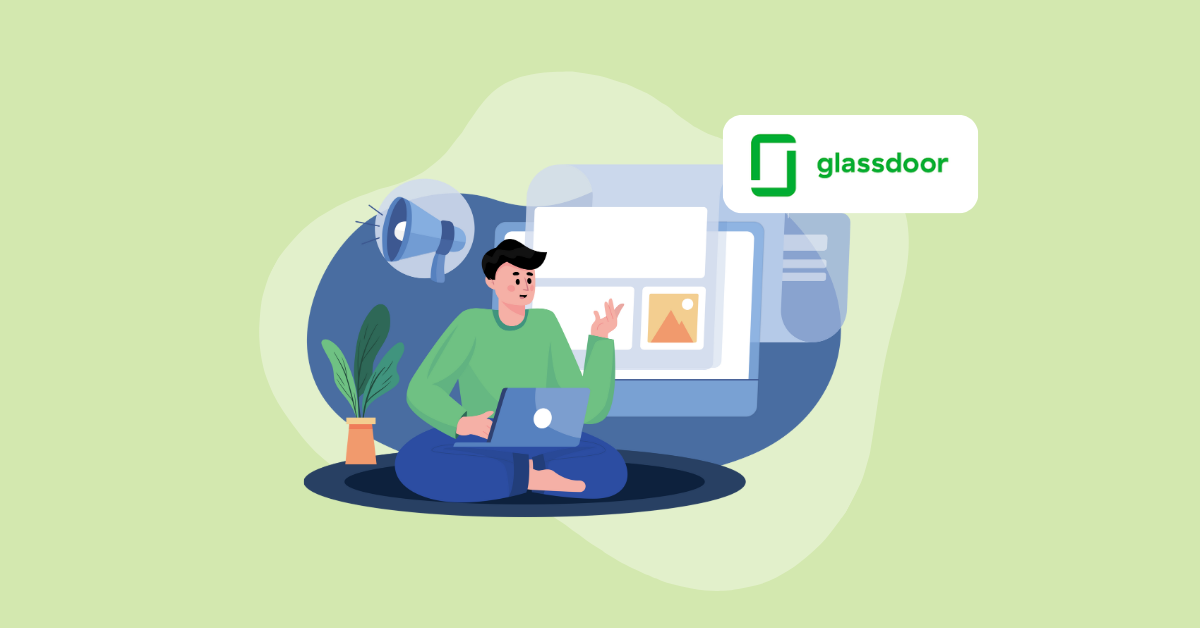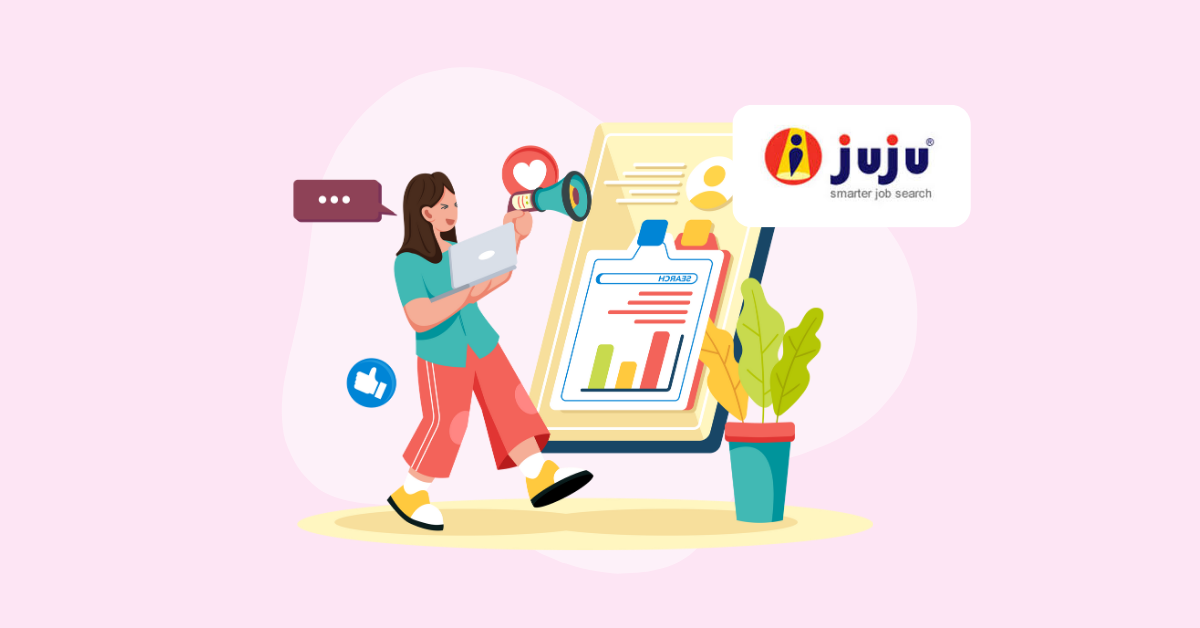HR Excellence through AI Implementation | Exploring AI in HR
Amay Bakshi

As Human Resources (HR) plays a pivotal role in managing employees, implementing AI into HR operations can bring massive improvements. To give you an idea, almost 67% of HR professionals believe AI offers numerous advantages and a favorable impact on the recruitment process. AI in HR is redefining how HR functions.
From being a field of human opinion, HR is now heading to be one based on data and analytics, all due to AI. The improvements in HR seem evident as AI supports new ways to handle HR tasks. AI is making its way from recruiting and onboarding to performance management and evaluation, covering the entire HR lifecycle.
Let’s now explore how HR excellence is achievable through AI implementation, along with the challenges, concerns, and some real-world examples.
AI presents various avenues for organizations to enhance the way they attract, retain, and develop talent. AI in HR will help eliminate repetitive tasks, leaving plenty of time for HRs to focus more on strategy as well as driving employee engagement and development.
Among other things, with accessible AI tech, HRs can improve employees’ alignment with business goals, foster a collaborative environment, and drive a culture of continuous improvement and innovation.
This is just a glimpse of the benefits that organizations are willing to take advantage of globally.
From its emergence and initial hesitation on adoption, companies have now started using AI in all their business operations. This is to support faster decision-making, improve efficiency, and eliminate human error.
Let’s now explore AI’s effects in HR operations:
Managing everyday HR functions is becoming more efficient with AI implementation. Routine tasks like attendance tracking, payroll processing, and leave management are now automated through AI-driven HR platforms. These systems can handle data entry, send reminders, and even process approvals, all without manual intervention.
For instance, AI can accurately track employee hours, calculate overtime, and ensure compliance with labor laws, reducing the chance of errors. By automating these everyday processes, HR managers can focus on more strategic initiatives like employee engagement, talent development, and culture-building.
AI in HR enables you to drive decisions based on detailed data and insights. AI can analyze multiple metrics like employee performance, engagement levels, and turnover rates to deliver actionable insights.
Additionally, the application of AI not only understands the current scenario but also predicts future trends. Predictive analytics, a sub-area of AI, can predict problems likely to occur like employee turnover, absenteeism, and more. This gives companies the edge to take precautionary measures to tackle these issues.
Hiring is another aspect of HR that is benefiting from AI implementation. AI functionalities integrated into recruitment solutions make most parts of the hiring process better. Automating candidate communication, interview scheduling, and other processes is now possible with AI hiring platforms.
For example, current AI-powered ATS can find the most suitable applicants and identify their core strengths and weaknesses. AI uses the information present on their resumes to define the same. The criteria for finding the right match are generally set by default based on the job description.
This reduces the need to spend time and resources on repetitive tasks, helping hiring managers allocate the same where they are needed.
AI can analyze the data of the recruitment process to identify recurring patterns and challenges, enabling HR managers to make necessary decisions.
This assists employers in selecting suitable applicants and offering appropriate compensation plans. AI implementation in HR also reduces biases and takes the guesswork out of the equation.
The analysis power of AI can do wonders in improving employee experiences. AI interprets the data of each employee’s journey from onboarding to professional development.
This enables people in HR to deliver personalized experiences, for example, tailored interactions, recommending, personalized growth opportunities, or setting up tailored work schedules.
Before starting to implement AI in HR functions, it is advisable to address problems with AI. Data privacy concerns, biased algorithms, and smooth AI integration with existing solutions are some examples of such problems.
Additionally, it extends to ensuring the accuracy and reliability of AI-driven decisions which need constant updations and human oversight. This is to match with changing labor patterns and regulations.
Let’s discuss the major issues that should be considered while integrating AI into your HR processes:
Implementing AI in HR raises significant concerns about data privacy. AI systems require access to vast amounts of personal and sensitive employee information.
If not managed properly, this can lead to data breaches or misuse of data which can damage trust between employees and the organization. Proper data governance and compliance with privacy laws (depending upon the region) are essential when integrating AI into HR practices.
AI in HR can unintentionally perpetuate or even amplify biases present in the data it’s trained on. This may result in unfair treatment of employees in hiring, promotions, or evaluations. Addressing this requires continuous monitoring, updating of algorithms, and ensuring that the data used is diverse and representative to avoid biased outcomes.
Integrating AI into existing HR systems can be challenging due to compatibility issues. Many HR departments rely on legacy or outdated software that may not seamlessly work with AI solutions. This can result in significant implementation delays and additional costs for system upgrades or replacements.
The initial cost of implementing AI in HR can be high, especially for smaller organizations. AI solutions often require significant investment in software, infrastructure, and training. While AI can bring long-term benefits, the upfront costs can be a barrier for many companies, particularly those with limited budgets.
Adopting AI in HR may face resistance from employees and management who are accustomed to traditional HR practices. Fear of job loss, lack of understanding of AI, and discomfort with new technologies can lead to pushback.
Effective change management strategies, including clear communication and employee involvement, are crucial for successful AI implementation.
Adopting AI in HR helps you in many ways including making better decisions, saving time on repetitive tasks, and improving employee experiences. It also helps predict trends like turnover, so you can act before problems arise.
Implementing AI into HR operations holds significant importance because it streamlines processes, offers data-driven insights, and helps identify issues early. This leads to smarter decisions, improved efficiency, and a better experience for both employees and HR teams.
It’s simple. AI is implemented in HR by using tools that automate tasks like resume screening, analyzing employee data for insights, and predicting trends like turnover. These AI tools work with existing HR systems to make processes more efficient and data-driven.
With its immense data processing capabilities, AI helps HR in decision-making by analyzing large amounts of data quickly. It provides insights into metrics like employee performance, engagement, and potential issues to enable HR professionals to make more informed and timely decisions.


